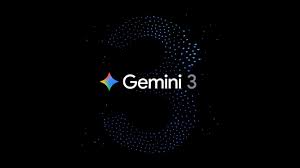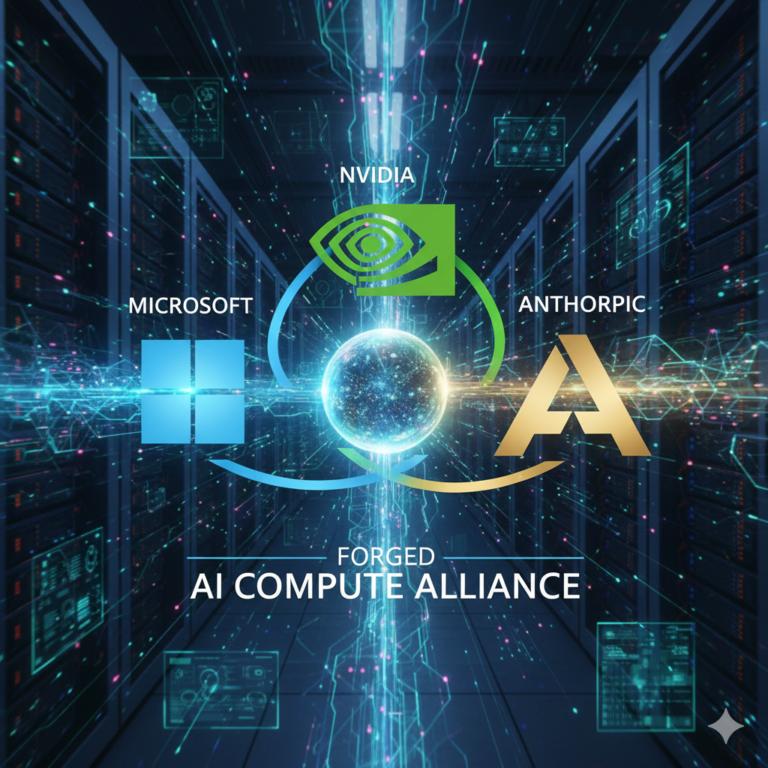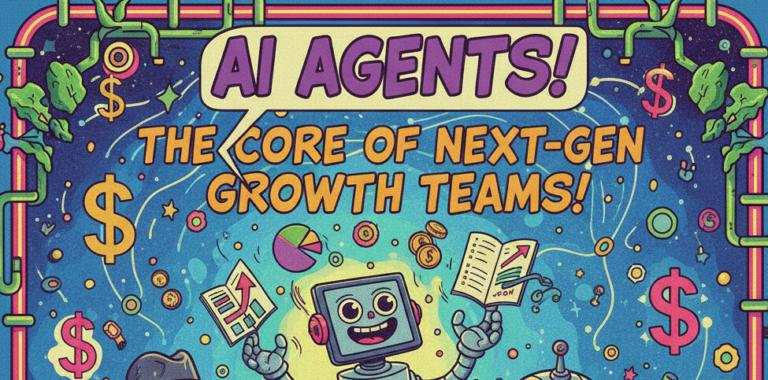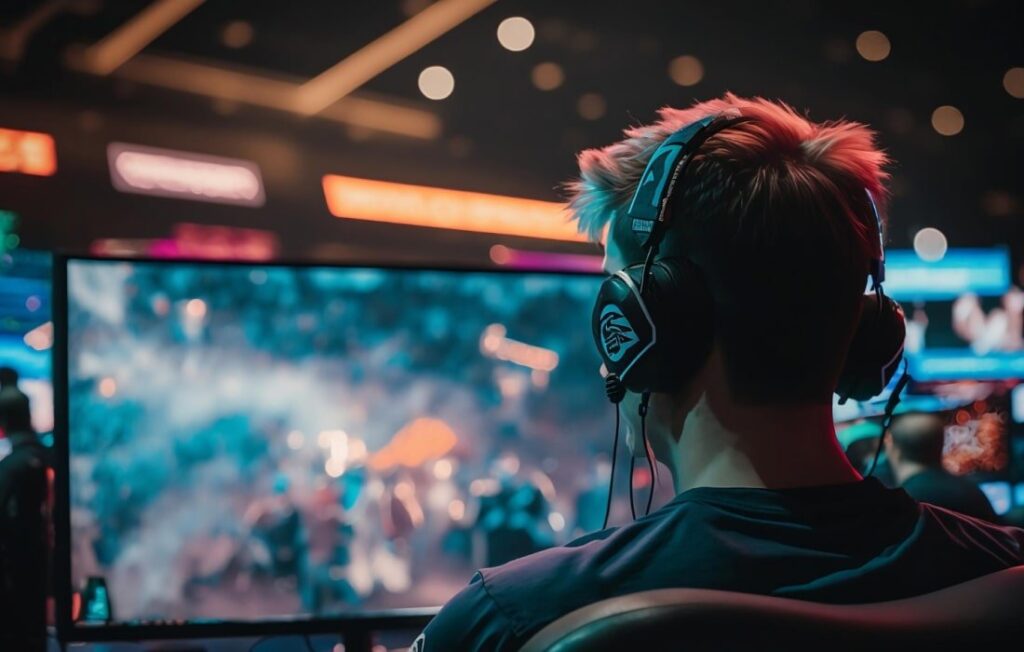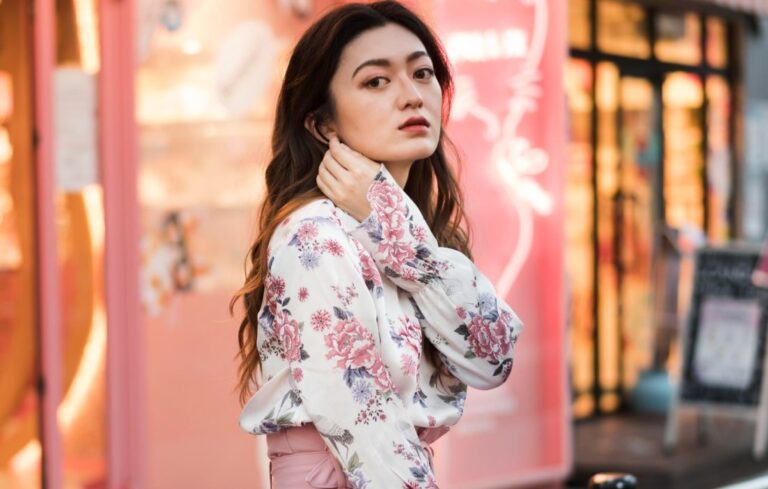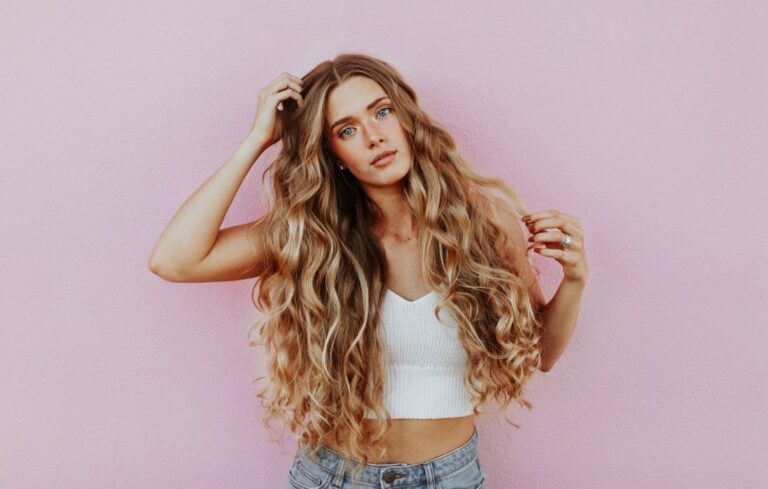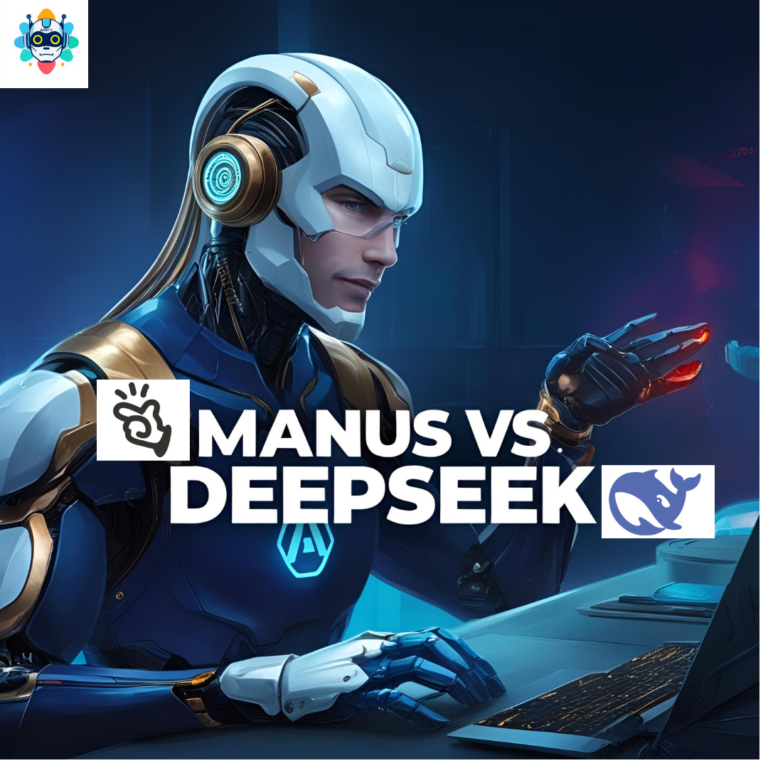There’s a common belief that Artificial Intelligence is getting so good that creative professionals—writers, artists, musicians, and filmmakers might soon be replaced. Why pay a human when a machine can quickly generate decent content
But creativity isn’t disappearing. It’s changing
The Problem With AI Copying Itself
Achyut Nayak, a software consultant in Mumbai, sees a problem with how AI creates content. He compares it to the fall of the Hapsburg Empire, which collapsed because of inbreeding.
AI models like ChatGPT are trained on human-made content—books, music, art, and journalism. But now, AI is producing more and more of its own content, which will eventually be used to train new AI models. Over time, this could make AI less original, recycling the same ideas instead of creating something truly new
Imitation vs. Real Creativity
A neuroscientist in Pune agrees that AI copies information, but he sees it differently. Humans also learn by mimicry—we take in language, music, and knowledge before making something unique. AI may just be another tool in this process
He makes an interesting point. Not all change is bad. Some mutations lead to progress
Where both agree is on AI’s impact on resources
The Hidden Cost of AI
The human brain is the most energy-efficient creative machine in the world. A person can write a novel or compose music using the energy of a small phone charger
AI, on the other hand, requires enormous resources. Training a single model, like GPT-3, can use up 700,000 liters of clean water in Microsoft’s U.S. data centers. Running the same process in Asia triples the water usage
And that’s just water. AI also needs massive amounts of electricity, often powered by fossil fuels. We call it the cloud, but data centers leave a huge carbon footprint
What Kind of Creativity Do We Want
AI is a tool, much like fast fashion. It made clothing cheap and accessible, but at the cost of pollution, exploited labor, and disposable trends
AI will save time, make tasks easier, and push the average skill level higher. But will that come at the cost of true originality
Instead of asking if AI will kill creativity, maybe the real question is whether we are willing to settle for polished mediocrity instead of authentic human expression
The choices we make now will shape creativity for the future. These decisions cannot be left to AI alone
AI can process faster, but only humans understand why something truly matters
And that’s what makes creativity worth protecting.
What are your thoughts on this?

